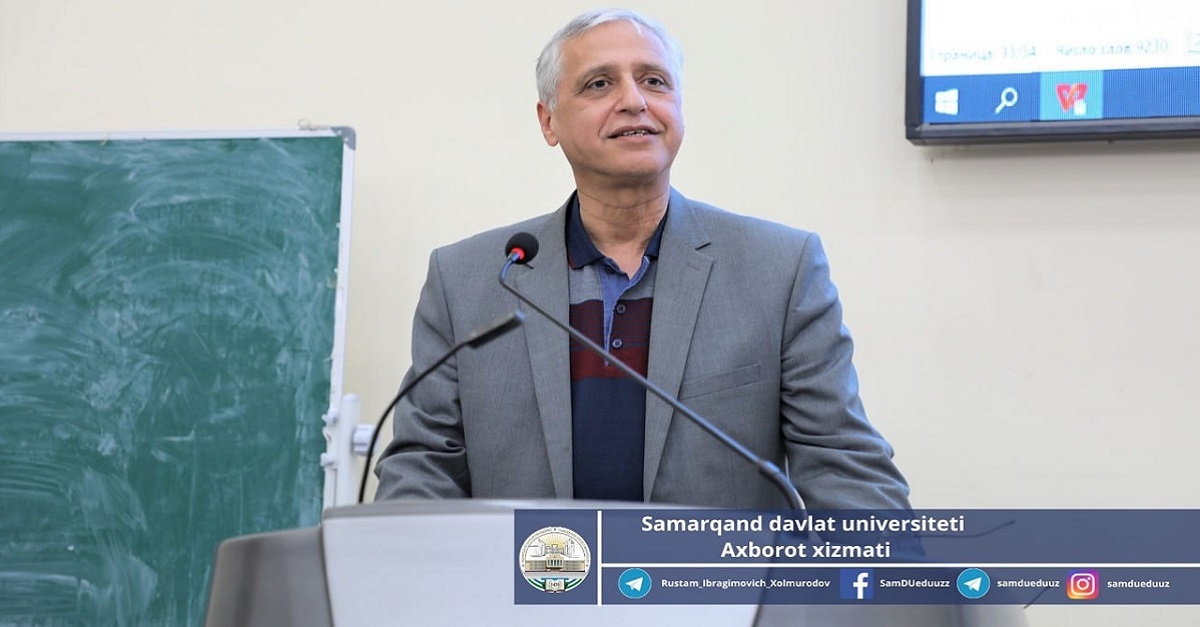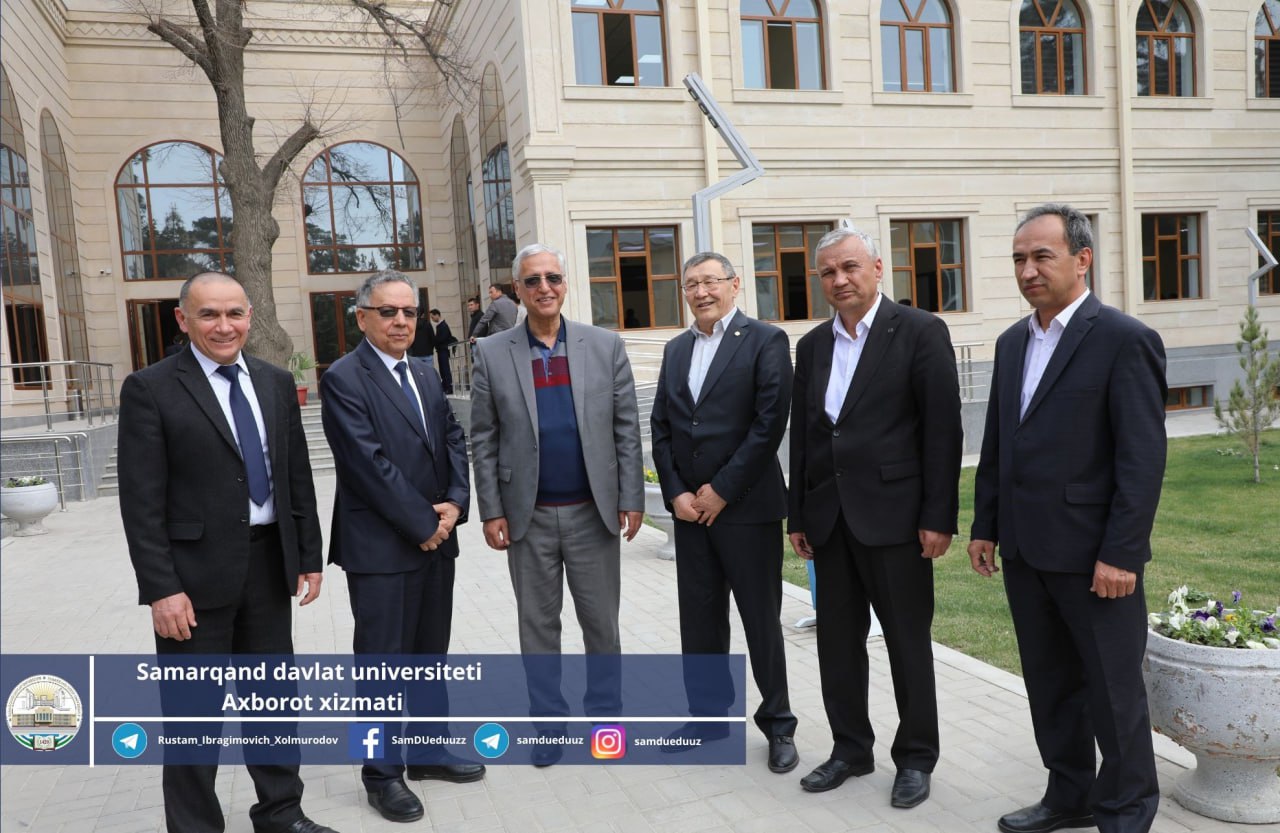
Interview with Mohammad Sal Moslekhian, President of the Iranian Mathematical Society, Professor at Ferdowsi University
- Tell us about the Iranian education system? What research in the field of mathematics is being carried out today at Ferdowsi University?
- The city of Mashhad has been one of the world's leading centers of science and culture since ancient times. This city has the largest ancient library and madrasah in Iran. The ancient splendor of the old city has influenced science, culture and all aspects of social life. Being a unique continuation of the large madrasahs and educational institutions of Mashhad, Firdousi University is today in the TOP-5 Iranian universities due to its strong scientific potential, the quality of education and activity in the international arena. To date, 3 higher educational institutions of Iran are among the first 400 in the list of TOP-1000 universities in the world. Ferdavsi University is in the top 800 on this list.
School education in Iran is 12 years. After completing 6 years of elementary school and another 6 years of secondary school, students study in higher education institutions. Bachelor's degree lasts 4 years. Postgraduate education includes a 2-year master's degree and a 4-year doctorate (PhD).
During my 35 years of scientific and pedagogical activity, I have prepared 14 doctoral students. Currently, most of them work at the Iranian Academy of Sciences. Undergraduate graduates in Iran are required to do research work in the subject at the end of 4 years of study. In addition, fellowships will not be awarded to researchers studying for a basic doctorate. PhD students in Uzbekistan receive large scholarships. This is very good. Because the researcher concentrates on his scientific research without being distracted by other work. Our doctors of sciences are obliged to carry out constant work and scientific research.
- How established are relations of cooperation in the field of science between Uzbekistan and Iran?
- I can say with confidence that scientific ties have been established very effectively. In parallel with teaching at the university, I work as a member of the editorial board of 8 scientific journals. Uzbek scientists and researchers often submit articles to these journals. After reviewing the accepted scientific articles, I can say that the research results presented in them have a high scientific reliability.
- Can you tell about the activities of the Iranian Mathematical Society?
- The main goal of the Iranian Mathematical Society is to develop and expand the scope of research related to mathematics at the country level. Today, this society has 4 scientific journals. In these journals, mathematicians and researchers from around the world present their research articles to the world community. At the same time, members of the society are constantly working on the creation of textbooks for schools and universities and on the examples given in them.
- What recommendations do you give to improve the quality of education in the field of mathematics?
- I compare teaching a student to planting a crop. If the land is fertile and the seed sown on it is of good quality and quality, the harvest will be blessed. If the seed is of good quality, but the soil is not fertile, or vice versa, if the soil is fertile and the seed is of poor quality, then it will not give the expected result. Therefore, it is possible to achieve a high quality of education only if both the student and the teacher, and the university that teaches him, are equally good. Improving the quality of education is not only a one-way process. Each subject of education should bear equal responsibility for it.
- What are your goals and plans for the visit?
- A leading scientific school on mathematical analysis and its applications to modern mathematical physics has been established at Samarkand State University. Separately, in this regard, academician Saidakhmad Lakaev should be mentioned. During the visit, we strive to establish cooperation with scientists in this direction, to conduct research on topical and important topics related to this area. I think that our friendly cooperation in the field of science will continue fruitfully.


Interlocutor: Iroda BEKMURODOVA,
an employee of the information service of
Samarkand State University.
The photographs were taken by Shavkat AKRAMOV.

